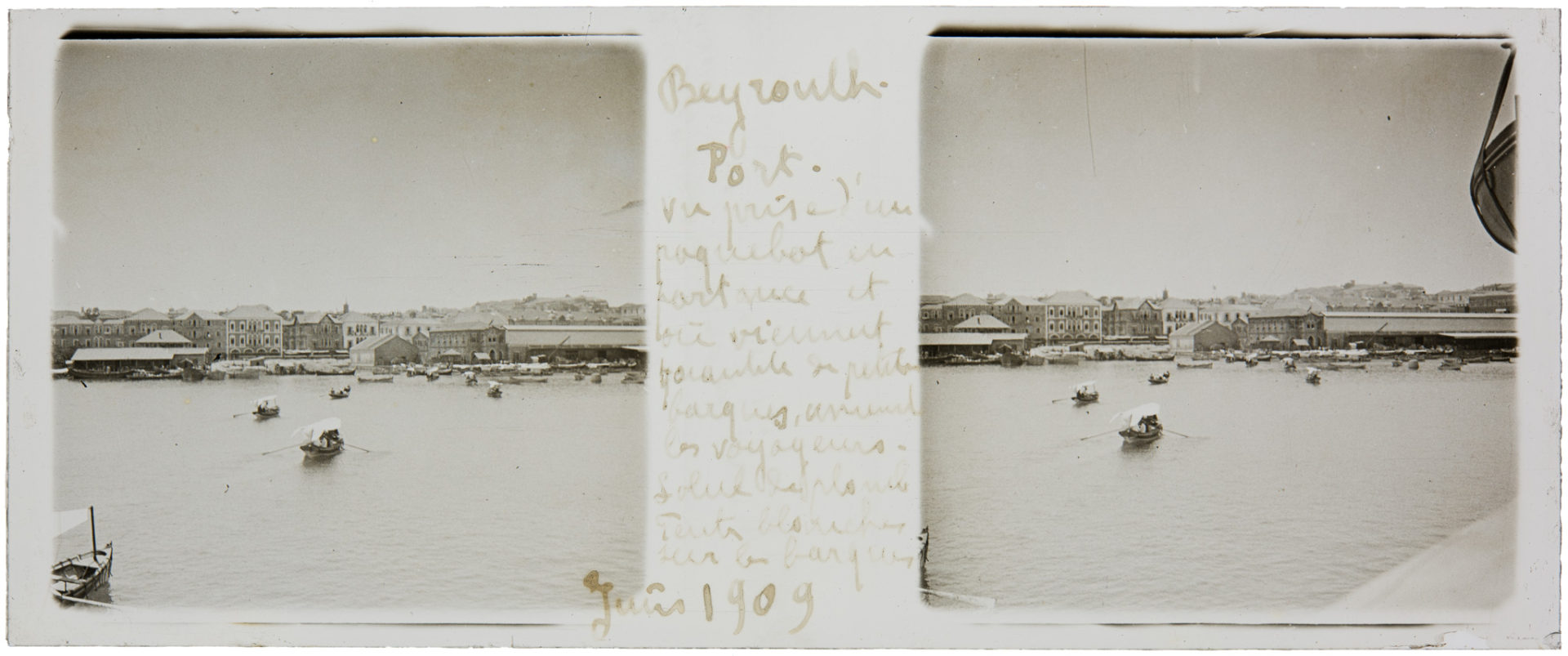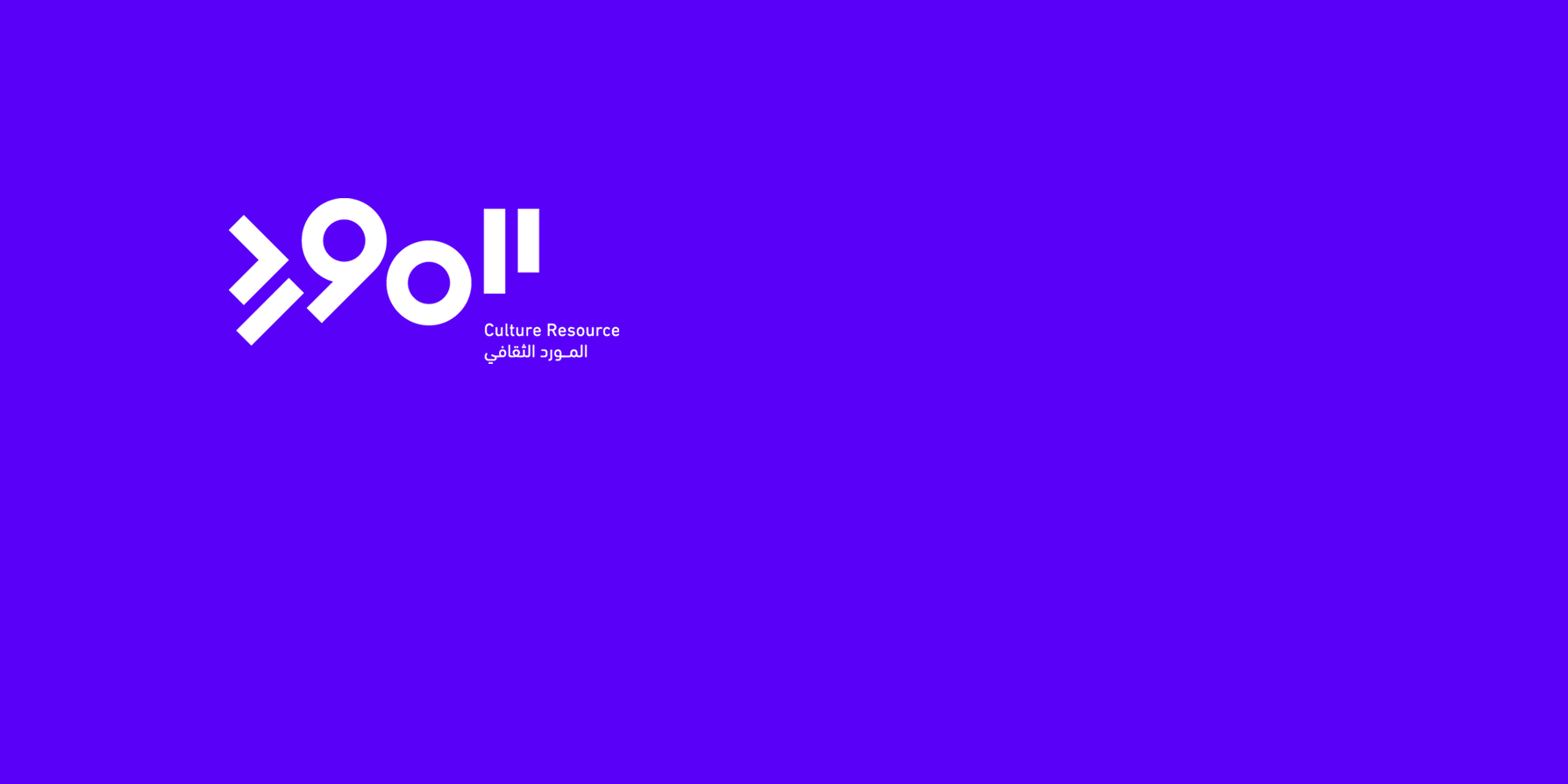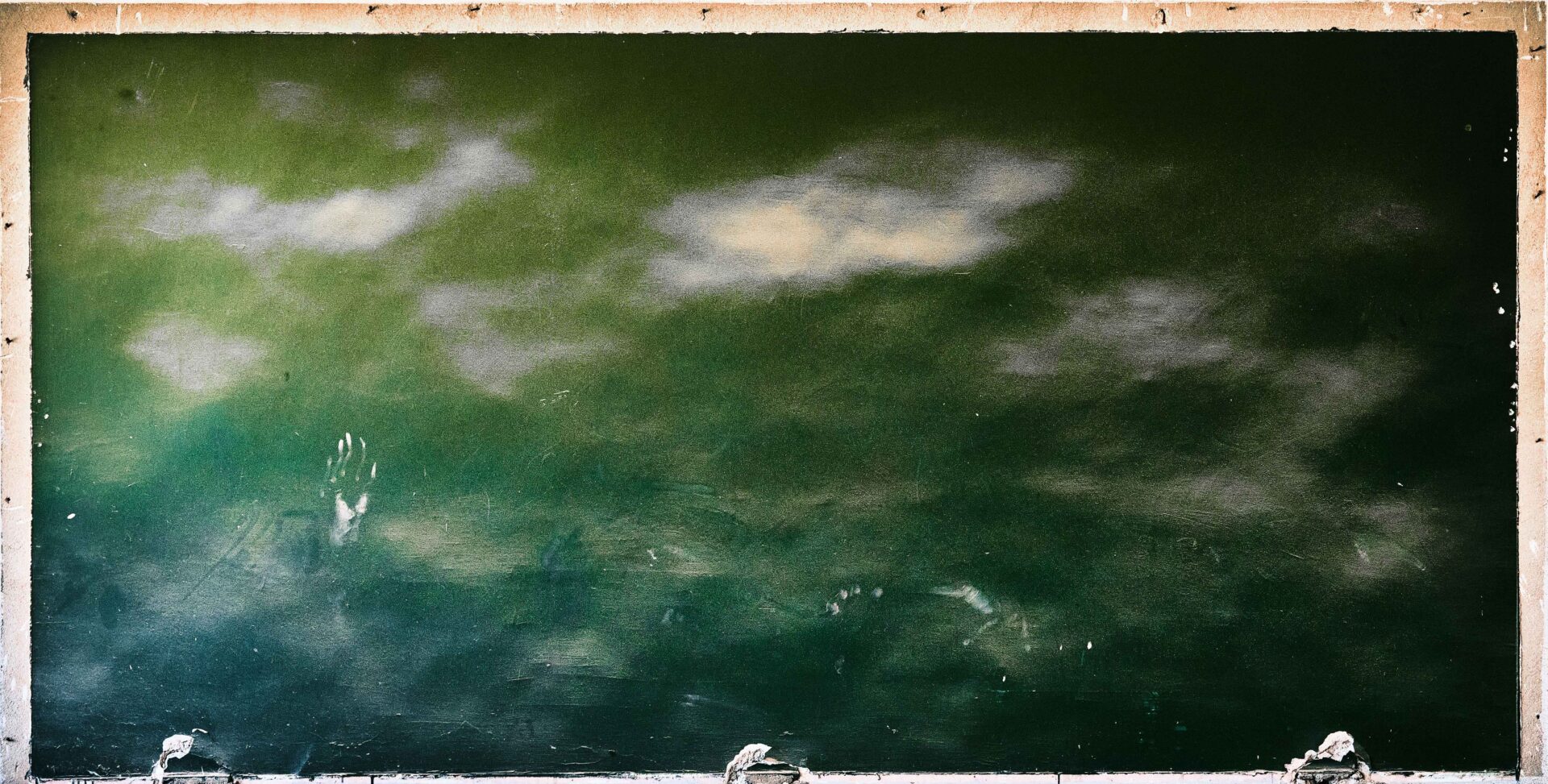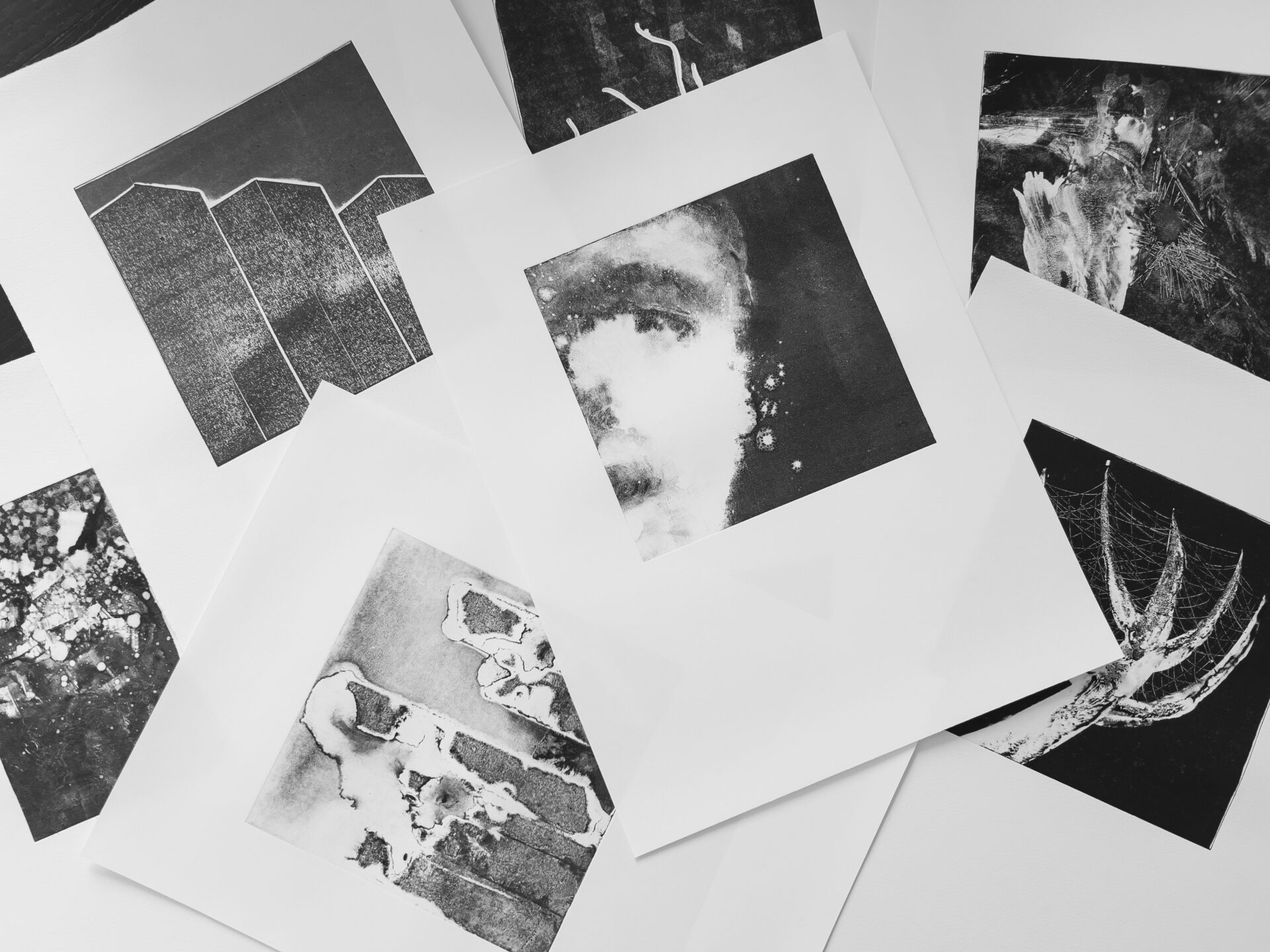Culture Resource and the Arab Fund for Arts and Culture – AFAC are pleased to announce the selection of 43 cultural institutions and spaces which will benefit from their joint support initiative, the Lebanon Solidarity Fund.
The two regional funding bodies had embarked on their first collaboration in May 2020 to support arts and culture structures in Lebanon during times of unprecedented national economic collapse, further exacerbated by the global COVID-19 pandemic. The first partnership resulted in the support of 23 arts and culture structures across Lebanon. Since then, Lebanon witnessed the devastating explosion at the port of Beirut and the economic challenges have continued to amplify. As such, AFAC and Culture Resource built on their first collaboration, creating a solidarity scheme that addresses the impact of the blast and the escalating economic crisis.
Having extended a first round of support to 208 individuals affected by the blast, this second round of the Lebanon Solidarity Fund aims to assist arts and culture institutions and spaces across Lebanon. It responds to their urgent needs as well as their mid-to-long-term requirements for viability. The Fund was launched via an open call for proposals that opened on January 15, and closed on February 19, 2021, with 98 applications received. This solidarity scheme covers one or a combination of two areas of support: reconstruction and repairs, institutional support, and/or programmatic support.
The Lebanon Solidarity Fund jury committee brought together writer and educator Rayya Badran, post-production specialist and film producer Mahmoud Korek, and artist and cultural worker Nesrine Khodr. During the jury meeting, held over three days, the jurors deliberated extensively on the applications, employing a range of criteria pertaining to the public value of the applicants, their contributions in the artistic and cultural spheres, the challenges and their visions to overcome them, as well as their human resources and financial management. Commenting on the applications and on the selection of the 43 institutions and spaces to receive support, the jurors issued the following statement:
“Our mission as a selection committee for the Lebanon Solidarity Fund bore a number of core concerns on how best to approach this delicate undertaking. Indeed, every single arts and culture institution or space among these applications was in need of support in the face of the current multiple challenges. Our evaluation of the applications subsequently focused on the diversity of proposals as well as their connectedness with both their immediate communities and the public sphere.
Throughout our evaluation process, a number of applications from commercial entities and art schools came to our attention, which indicates the extent of our economy’s collapse, and highlights the necessity of these organizations, whether for- or non-profit, to foster and preserve the vitality of cultural production. In this regard, the committee wishes to emphasize that the results of their deliberations do not reflect an evaluation of the institutions, nor their work, history, or cultural influence. Rather, these resulted from the interaction between the obstacles imposed by the current situation on the one hand, and the projects presented as well as the entities’ ability to devise innovative ways to sustain on the other.
In this framework, the committee commends the capacity of many of these entities, whether emerging or established, to formulate clear visions towards their confrontation of the dire situation at hand, and their clear intent on continuity, whether by questioning their previous modes of production, shifting to new ones, or by seeking to achieve local partnerships and collaborations, thereby placing cultural activity at the center of the movement confronting the collapse and its makers.”
Among the 98 applying institutions and spaces, 21% were multidisciplinary; 17% were active in performing arts, and 16% in visual arts. A majority of long-standing institutions and spaces applied for this Fund, with 52% possessing above 10 years of experience, and 26% between 5 and 10 years of experience.
Out of the 43 selected institutions and spaces, twelve had previously benefited from the Solidarity Fund for Arts and Culture Structures in Lebanon, and seven applied with a collaborative project. Eleven of the selected grantees of this round are based outside Greater Beirut, with five active in Tripoli, two in the Bekaa, and four in Mount Lebanon.
The institutions and spaces selected by the jurors:
Arab Resource Center for Popular Arts – (AL-JANA)
Ashkal Alwan – The Lebanese Association for Plastic Arts
Al Madina Theatre Association for Arts and Culture
Association for the development of free improvised music in Lebanon – IRTIJAL
Common Stage
Culture for All (known as Nadi Lekol Nas)
Horshna Forest School
IRAB – Arab Association for Music
KHAYAL – Cooperative Association for Arts and Education
Nicolas Ibrahim Sursock Museum
Photographic Library of the Bibliotheque Orientale of Saint-Joseph University of Beirut
The Cultural Cooperative Association for Youth in Theatre and Cinema SHAMS
UMAM Documentation and Research (UMAM D&R)
Warche 13 – The Art Knowledge Civic Space
Zoukak Theatre Company and Cultural Association
The Lebanon Solidarity Fund was made possible through the generous contributions of:
Unis pour le Liban, the Open Society Foundations, German Ministry of Foreign Affairs, DOEN Foundation, Drosos Foundation, Ford Foundation, Christie’s, the Swiss Cooperation Office (Lebanon), The Andrew W. Mellon Foundation, the British Council’s Cultural Protection Fund, the European Cultural Foundation, the Prince Claus Fund, and Sfeir-Semler gallery.
Additionally, the Fund received support from more than 150 individual givers through either direct contributions or organizing fundraisers:
Aaron Cezar – Adele Milozzi – Aditya Nochur – Ahmed Naji – Ala Koreitem – Ali Al Adawy – Ali AlShaikh – Ali Essafi – Alisa Lebow – Alizee Monod – Almut Goldhahn – Amy Reddington – Ana P De Haro – Andree Sfeir-Semler – Angela Fumarola – Angelika Stepken – Angharad Wynne-Jones – Anja Santuario-Eilts – Anna Kaltwasser – Anna Seibt – Apsara C DiQuinzio – Arias Fernandez ElShennawy – Ascot Smith – Aude Thepenier – Azra Aksamija – Beate Elvira Renner- Beirut Over and Over Again – Benjamin Salama – Beth Enson – Bettina Korek – Bisan Toron – Bojana Ka – Brigid Alice OShea – Cady A Susswein – Camilia Kamoun – Carol Moukheiber – CEC ArtsLink – Charles & Yolla Noujaim – Charles Kahn – Charlotta Sparre – Charlotte Coosemans – Chris Chapman – Christine Garibian – Christy Fearn – Cordula Daus – Daniel Eichler – Daniel O’Connor – Deema Asfour – Diana Aljeiroudi – Dimitrios Petridis – Dina Emam – Dina Kerr – Elinor Morgan – El Shennawy-Arias Fernandez – Emily Pugh – Emna Zghal – Erik Hillestad – Etel Adnan – Fabienne Hoffmann – Fala Al Urfali – Farid Adjoud – Ferdinand Richard – Fund for Art Institutions, Artists & Practitioners – Lebanon & Artists fundraising from Turkey (Beyrut’a Sanat) – Georgios Diapoulis – Gulf Photo Plus LLC – Helen Champion – Helen Murbach – Hera Buyuktasciyan Bilezik – Hilary Wise – Jaana Duensing – Jane K. Lombard – Jasper Leonard Kuehn – Jessica Cochran – Jessica Morgan – Johannes Strugalla – Jonathan Mayo – Julia Duarte – Julia Hauser – Julie Wills- Juliette Chretien – Karin Schyle – Karsten Lund – Kate Seelye – Kate Strudwick – Khaled Aleyan – Kinan Azmeh – Klara Blaschitz – Laila Sumpton – Lara Kalis – Layla C Bonnot – Lizlette Nooyen – Lizzie Opolski – Ludwig Furger – Lyne Sneige Keyrouz – Maarten Derksen – Mahdi Fleifel – Majed Halawi – Manuela Lucia Tessi – Marcus Beuter – Margrit Goop – Maria Christophersen – Maria Klenner – Marie Le Sourd – Marie Saadeh – Marie-Douce St-Jacques – Marie-Luise Thiemann – Marion Schmidt – Marwan T. Assaf – Mary Emily Neumeier – Masar Sohail – Maud Cherbonnel – Mauri Sherrington – Maya El Khalil – Megan B. Prier – Meredith Malone – Merel Oord – Mette Loulou von Kohl – Michael Maneval – Michelle Henning – Mohammed Abdallah – Mona Younis – Monica Kim – Munir Atalla – Nada Shabout – Nahla Tabba – Nan van Houte – Nat Muller – Natalia Casorati – Natalia Imaz – Nicolas Appelt – Nina Wishnok – Nour Ouayda – Omar Daham – Page D Delano – Paul Hughes-Smith – Paul Van’t Veld – Philippa Hare – Philo Cohen – Rana Issa – Reiner Moeckelmann – Remi Bonhomme – Riad Abdel-Gawad- Robert Wolfe – Ruba Katrib – Ruby D’Aluisio Trabka – Sam Bardaouil and Till Fellrath – Samer Najari – Sara Tas – Sarah Rogers – Saria Sakka – Saskia Meike – Sheyma Buali – Shohini Chaudhuri – Simone Martin-Newberry – Sinje Homann – Slevogt Silke – Stadt Zuerich – Stephanie Velazquez – Suleiman El Bassam – Susan Meiselas – Susanna Hegewisch-Becker – Susanne Burkhardt – Suzanne M.Wettenschwiler – Tabitha Jackson – Taylor Groenke – Taysir Batniji – Thomas Dane Gallery – Thomas Dingle – Thomas J. Neff – Thy Art London – Tsunehiko Nishiyama – Ursula Biemann – Valerie Wade – Vassaras Georgios – Vera Chotzoglou – Victoria Chernukha – Vincent Cotte – Wendy Pearlman – Yassine Balbzioui – Zoe Aiano.
*Photo: View of the port of Beirut photographed by Dr. Eugène Cottard in June 1909, courtesy of the Arab Image Foundation





